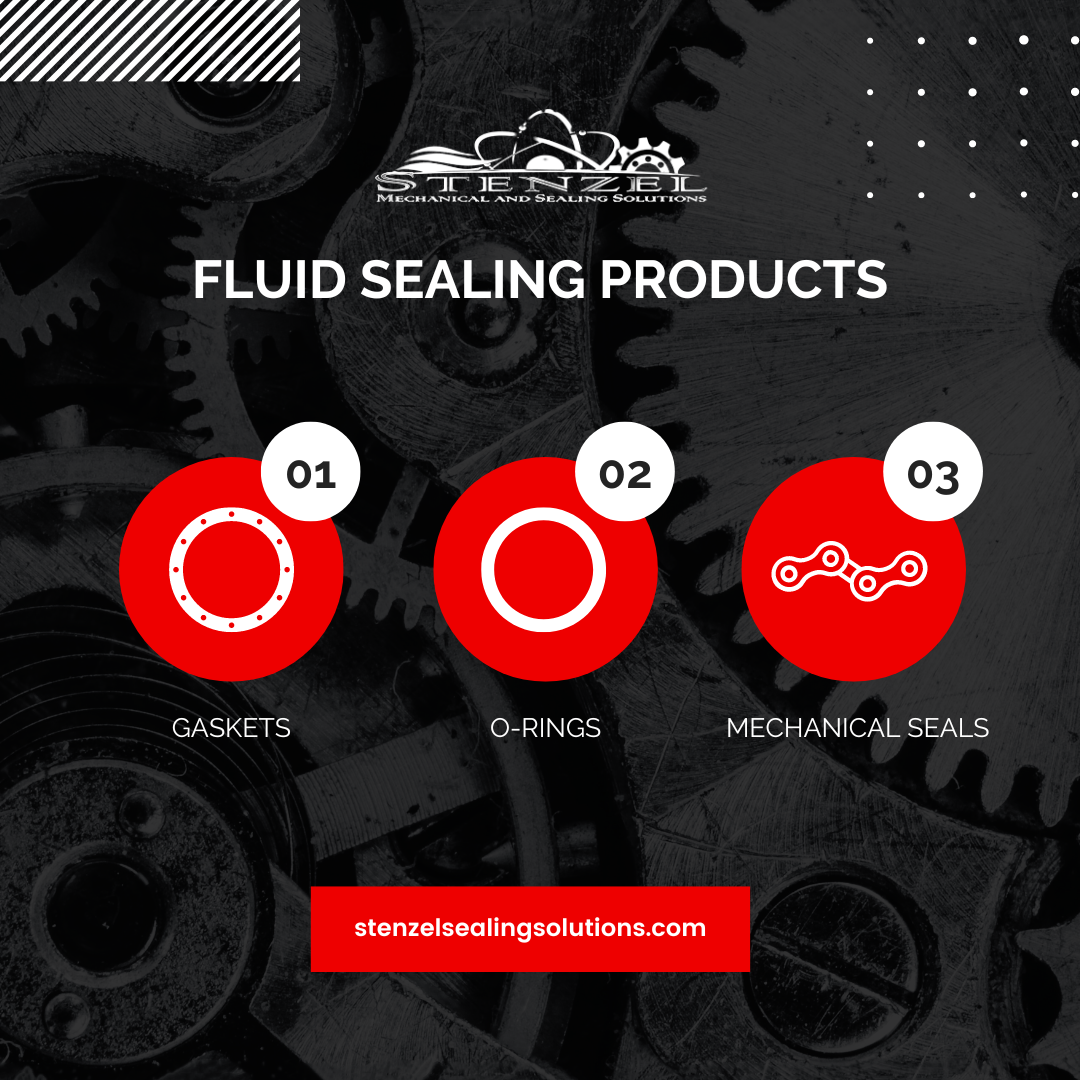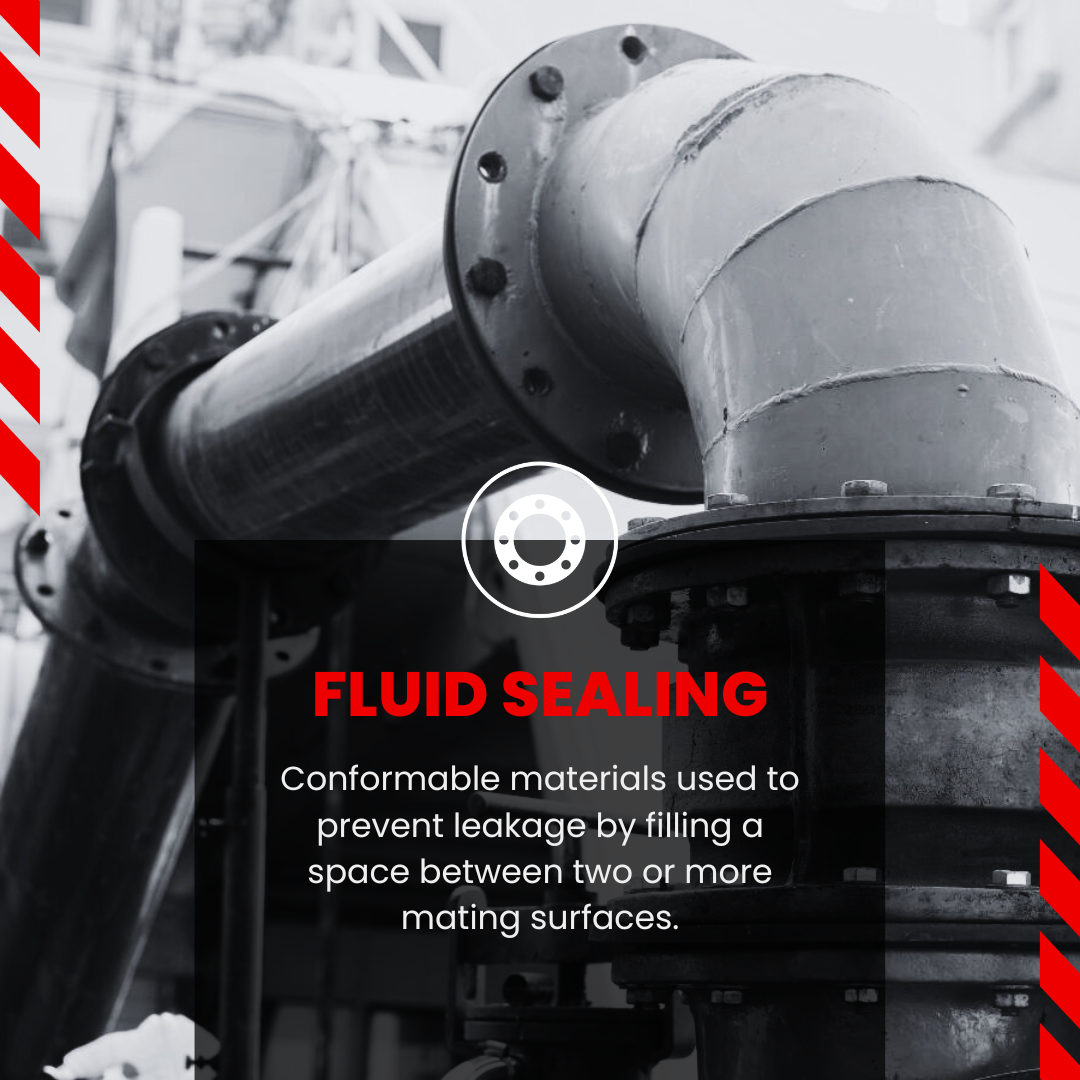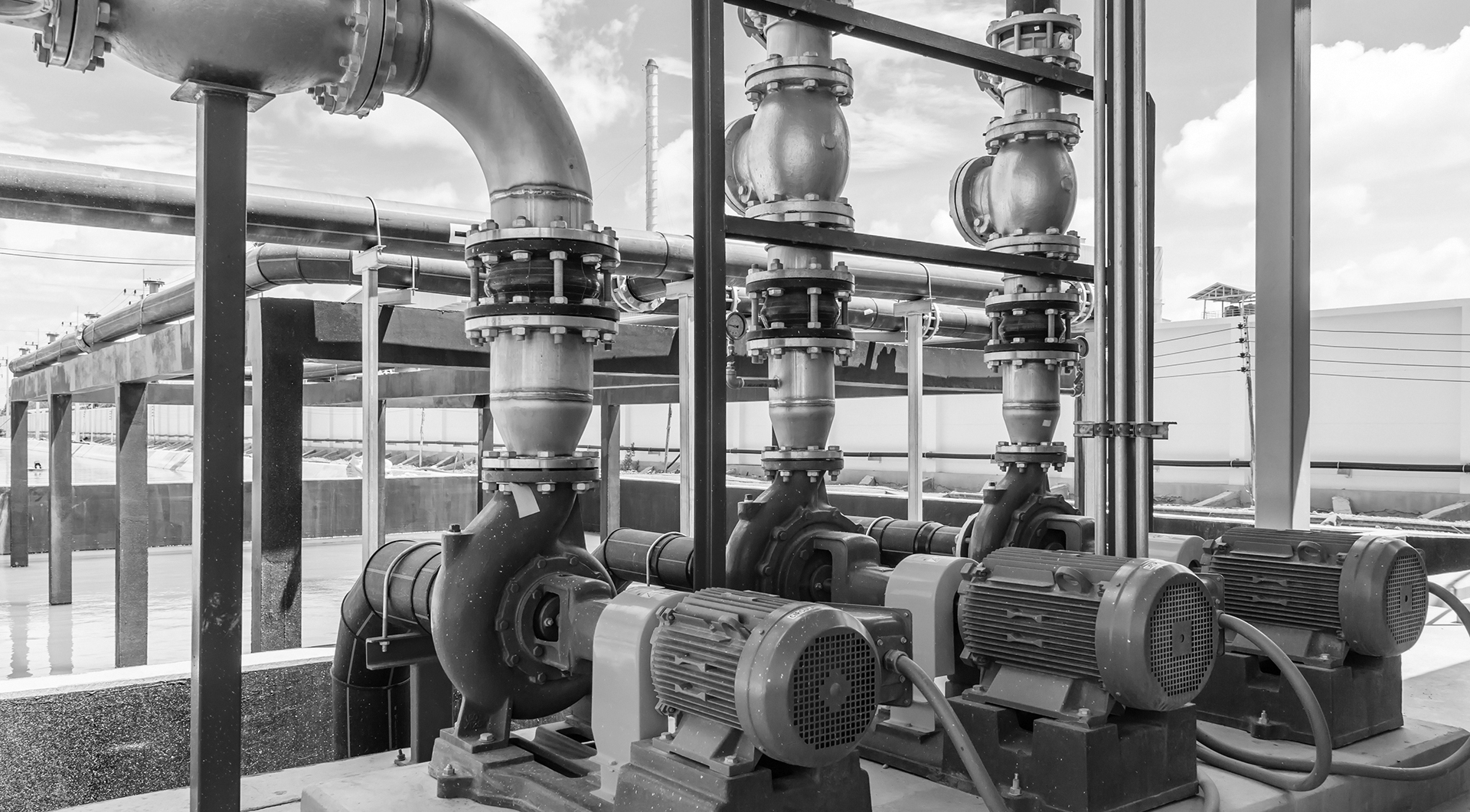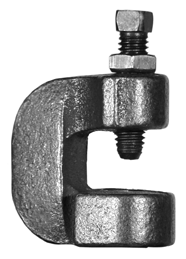
Mechanical Seals
Mechanical Seals
At Stenzel Sealing Solutions, we have high-quality mechanical sealing inventory readily available for your next project need. We are proud to represent the most respected names in the business. Our team has 100+ years of tailored industrial experience and offers a unique experience for the MRO side of your operation.
What Is a Mechanical Seal?
A mechanical seal is a method of containing fluid within a vessel (typically pumps, mixers, etc.) where a rotating shaft passes through a stationary housing or occasionally, where the housing rotates around the shaft. If you are sealing a centrifugal pump, the challenge at hand is to allow a rotating shaft to enter the ‘wet’ area of the pump. The goal is to not allow large volumes of pressurized fluid to escape. This is where mechanical seals come into play.


The Basics of Fluid Pump Sealing
To address this challenge of pressurized fluid escaping, there needs to be a seal between the shaft and the pump housing that can contain the pressure of the process being pumped as well as withstand the friction caused by the shaft rotating.
Traditional Methods of Fluid Sealing
It is important to note different methods of forming the seal. One of the most known methods includes Gland Packing. Gland packing is commonly used in many applications, however many users are started to adopt mechanical seals instead because of the following reasons related to gland packing:
Increased leakage: The friction of the shaft rotating wears away at the packing over time, which leads to increased leakage until the packing is adjusted or re-packed.
Cooling: The friction of the shaft also means that packing also needs to be flushed with large volumes of water in order to keep it cool.
Energy waste: Packing needs to press against the shaft in order to reduce leakage. This means that the pump needs more drive power to turn the shaft, wasting energy.
Costly repairs: Because packing needs to contact the shaft it will eventually wear a groove into it, which can be costly to repair or replace.
Mechanical seals are designed to overcome these drawbacks of gland packing. A basic mechanical seal contains three main sealing points. The stationary part of the seal is fitted to the pump housing with a static seal –this may be sealed with an o-ring or gasket clamped between the stationary part and the pump housing.
Why Use Mechanical Seals?
In summary, mechanical seals can come in handy depending on the situation you are faced with. Mechanical seals can be the proper choice for the following reasons:
- No “visible” leaking of seals
- Modern cartridge seal designs don’t damage pump shaft or sleeve
- Day to day maintenance reduced
- Seals have lightly loaded faces which consume less power
- Bearing contamination is reduced in normal operation
- Plant equipment suffers less from corrosion if product is contained in pump
With mechanical sealing, you will be dealing with less wasted product and more money saved. Water is an expensive commodity, so it is essential to save as much as you can.

Your Trusted Partner for Mechanical Seals
At Stenzel Sealing Solutions, we take pride in being your trusted partner for all fluid sealing needs including O-rings, mechanical seals, flange gaskets, and more. Contact us today to get a free estimate for your next project.

OUR PRODUCTS
As we deliver our personalized experiences to you, your team, and your facility, we have access to millions of products to help you be successful. However, our fundamental expertise is based on our years of experiences with Expansion Joints, Industrial Dampers, Fluid Sealing Products, Steam Systems, Industrial PVF, and Foreign Material Exclusion (FME) Products. Use our experience with your objectives to make your project successful.
CONTACT US FOR A CONSULTATION NOW!
LET'S GET STARTED
Minimize downtime and maximize production with our tailored sealing solutions. Boost Uptime. Get a Free Quote Today!

